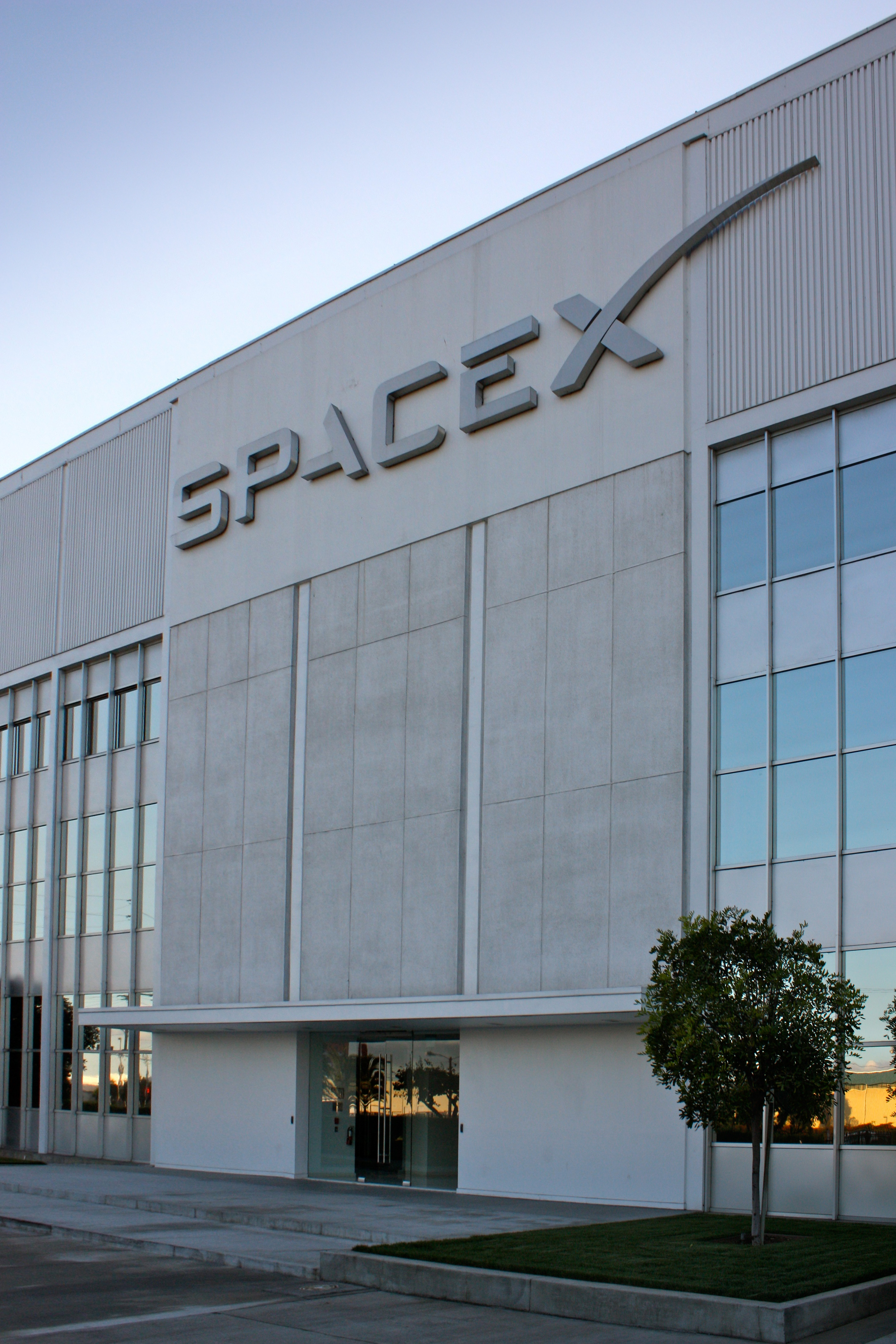Science News Roundup: Rocket Lab successfully launches first Electron rocket since September failure; SpaceX targets Dec 28 for launch of US military's secretive X-37B spaceplane and more
Following is a summary of current science news briefs. Rocket Lab successfully launches first Electron rocket since September failure Rocket Lab on Friday said it had launched its Electron rocket into space from a facility in New Zealand, the SpaceX rival's first flight since a mission failure in September.

Following is a summary of current science news briefs.
Rocket Lab successfully launches first Electron rocket since September failure
Rocket Lab on Friday said it had launched its Electron rocket into space from a facility in New Zealand, the SpaceX rival's first flight since a mission failure in September. The rocket, carrying a satellite for the Institute for Q-shu Pioneers of Space, a Japan-based Earth imaging company, blasted off from a launch pad on the country's North Island about 5:05 p.m. local time (0405 GMT).
SpaceX targets Dec 28 for launch of US military's secretive X-37B spaceplane
SpaceX said it was targeting Thursday, Dec. 28 for the launch of the U.S. military's X-37B robot spaceplane on its seventh mission to orbit. "Now targeting no earlier than Thursday, December 28 for Falcon Heavy to launch USSF-52 to orbit from Florida," SpaceX said in a post on X on Friday, after it stood down on the launch earlier this week to perform additional system checkouts.
EU seeks satellite array offers in space race with AI
Europe is seeking final offers for a 6 billion euro ($6.55 billion) EU satellite constellation which is designed to compete with Elon Musk's Starlink and Jeff Bezos' Kuiper. But authorities have been warned that the IRIS² system, initiated by the European Commission, risks missing out on the latest wave of artificial intelligence and becoming outdated before it is even launched due to bureaucracy.
US-China science pact renewal 'not a given' -US envoy
U.S. Ambassador to China Nicholas Burns said on Friday he had started talks with Beijing on renewing a landmark scientific cooperation agreement, and while the deal needed to be modernized, prospects for a new one were uncertain. Controversy over the renewal of the U.S.-China Science and Technology Agreement (STA) - the first accord between the two countries signed in 1979 after the official establishment of diplomatic ties - has grown amid U.S. accusations of China's theft of U.S. scientific and commercial achievements.










